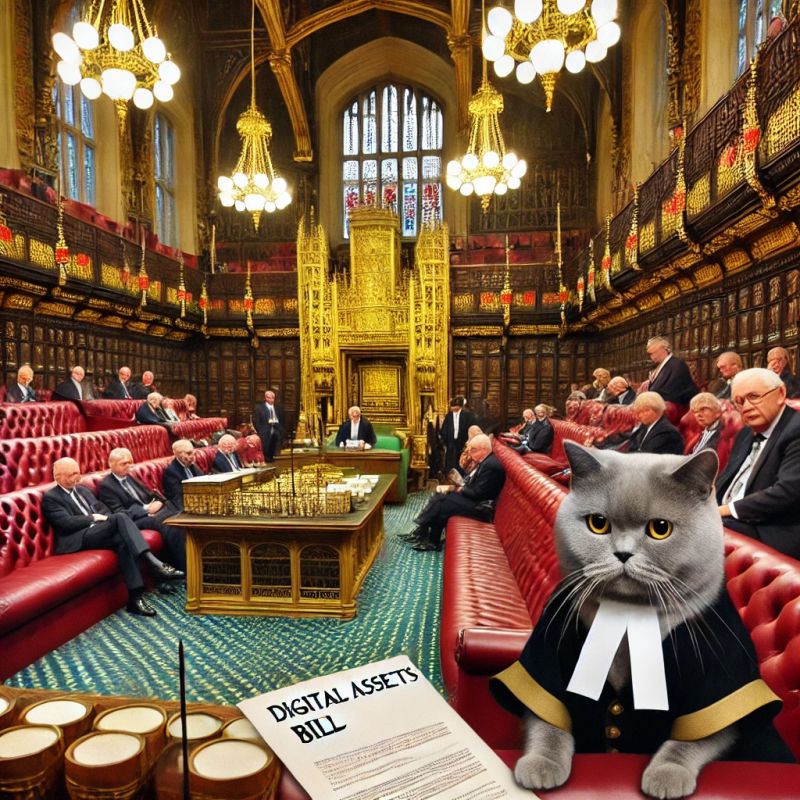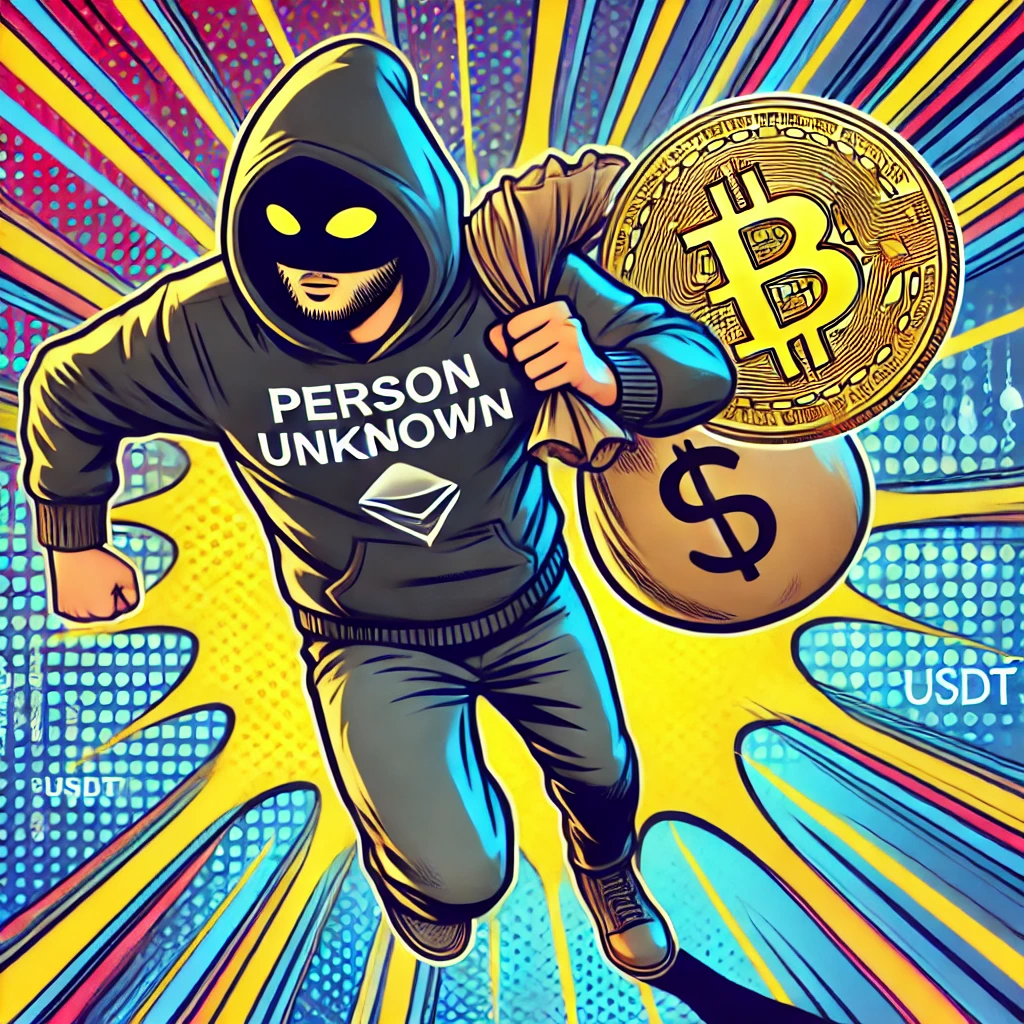
Property (Digital Assets etc) bill
Learn more

Fabrizio D’Aloia’s battle against “person unknown” is well documented.
However, on 12 September 2024, the High Court delivered its final judgment. Unfortunately for Mr D’Aloia, this did not go in his favour.
The case is centred around a crypto fraud with Mr D’Aloia finding himself on the wrong end of the theft of a substantial about of Tether (USDT) from the Thai crypto exchange, Bitkub.
Mr D’Aloia had hoped to recover his lost funds from the perpetrators of the scam and, also, the crypto exchange.
This case raises some important legal issues around crypto and exchanges.
In 2021 Mr D’Aloia invested funds (around £2.5m) through an online trading account with a company called “td-finan”.
He began transferring cryptocurrency into wallets associated with the account.
However, as is often the case, the problems began when he later tried to withdraw his funds. In simple terms, his crypto had vanished.
D’Aloia sought to trace the stolen cryptocurrency, which revealed that the funds had been moved through various exchanges and eventually withdrawn in Thailand.
Mr D’Aloia issued proceedings against the unknown fraudsters and Bitkub, the exchange where the stolen USDT was allegedly held.
His argument was that that the crypto exchange held the stolen USDT on constructive trust for him as a result of the fraud.
A key issue in the case was whether USDT (and by extension, other cryptocurrencies) constitutes property under English law.
If D’Aloia could establish that USDT was property, then the exchange could potentially hold his crypto on constructive trust.
The Court found that under English law, cryptocurrencies are considered property, reaffirming previous decisions.
The Court opined that cryptocurrencies are neither “things in possession” nor “things in action”. Instead, they have a conceptual existence independent of users and the legal system. It is worth noting that the Judge was not persuaded that there is a single “third category” of property (ie property that is neither a chose in action or possession).
We are told that the property rights attach to the USDT itself, not merely the right to control it via a private key. If the person controlling the private key is not the his might give rise to a different set of issue
The Judge made clear that their consideration was based on the qualities of USDT and should not necessarily be read across to all other cryptoassets.
To recover his funds, D’Aloia needed to prove that the specific USDT he lost could be followed or traced through the blockchain and ultimately to a wallet held with Bitkub.
Under English law, “following” refers to tracking the asset itself, while “tracing” involves identifying new assets that substitute for the original.
For instance, if a car is stolen and sold for cash, tracing would involve following the cash instead of the car.
The Court considered whether USDT coins “persist” through transactions.
The judge agreed that USDT maintains its form when transferred, meaning that in principle, D’Aloia could follow his USDT.
However, the evidence presented by Mr D’Aloia’s expert witness was deemed insufficient. The expert failed to prove that the specific USDT in question could be traced to the Bitkub wallet, ultimately causing the claim to fail.
Cryptocurrency exchanges are increasingly targeted in fraud cases as victims seek more reliable recovery options than directly suing the fraudsters.
Exchanges may be held accountable if they are found to hold misappropriated assets on constructive trust.
In this case, Mr D’Aloia argued that Bitkub should have ring-fenced the USDT because it was stolen.
While the claim failed due to the insufficient tracing evidence, the judgment shed light on potential liabilities for exchanges.
Mr D’Aloia’s case demonstrates the complexities of recovering stolen cryptocurrency. While the Court acknowledged that cryptocurrencies like USDT constitute property, the tracing evidence was not strong enough to support the claim.
Exchanges, like Bitkub, must be vigilant about their AML procedures and should be prepared to ring-fence suspicious assets to avoid potential liability as constructive trustees.
If you have any queries about this article on the D’Aloia case or similar matters, then please get in touch.

Andy has a breadth of experience as a Barrister and as a Chartered Tax Advisor, which means he comes into the crypto space with expertise he can't wait to share.
Learn more"*" indicates required fields